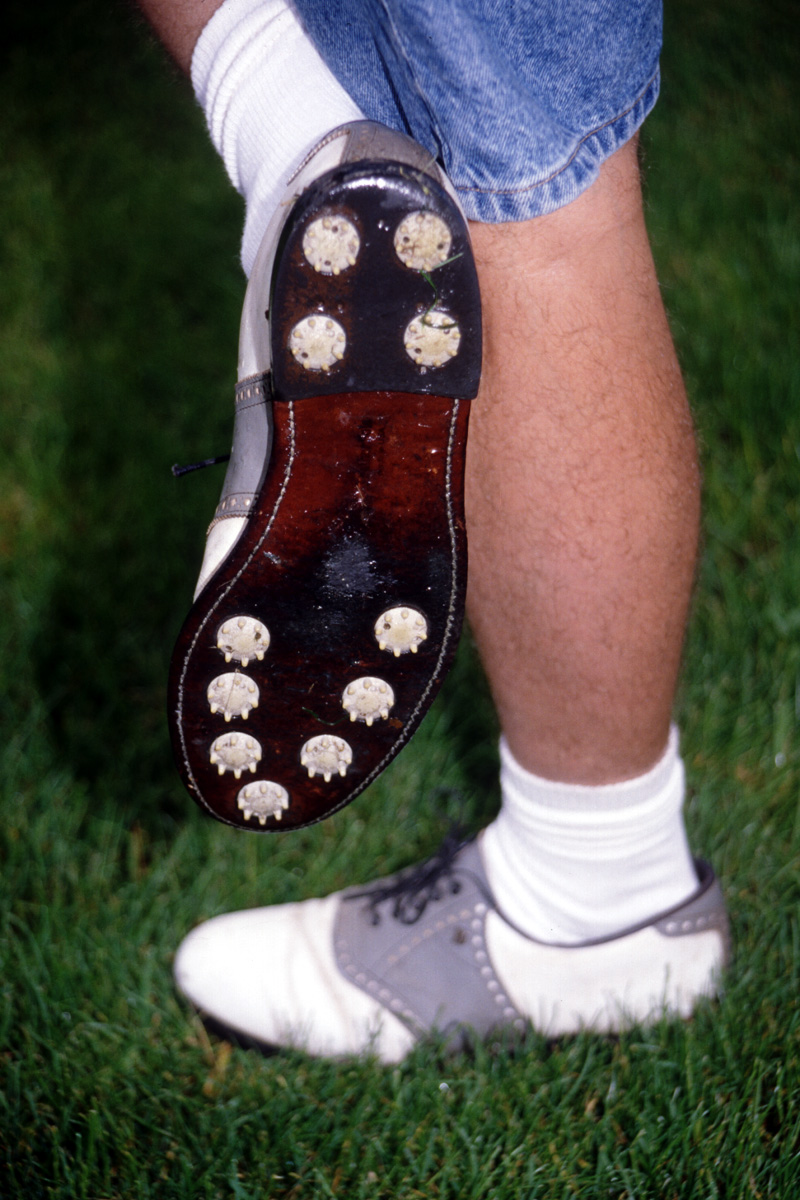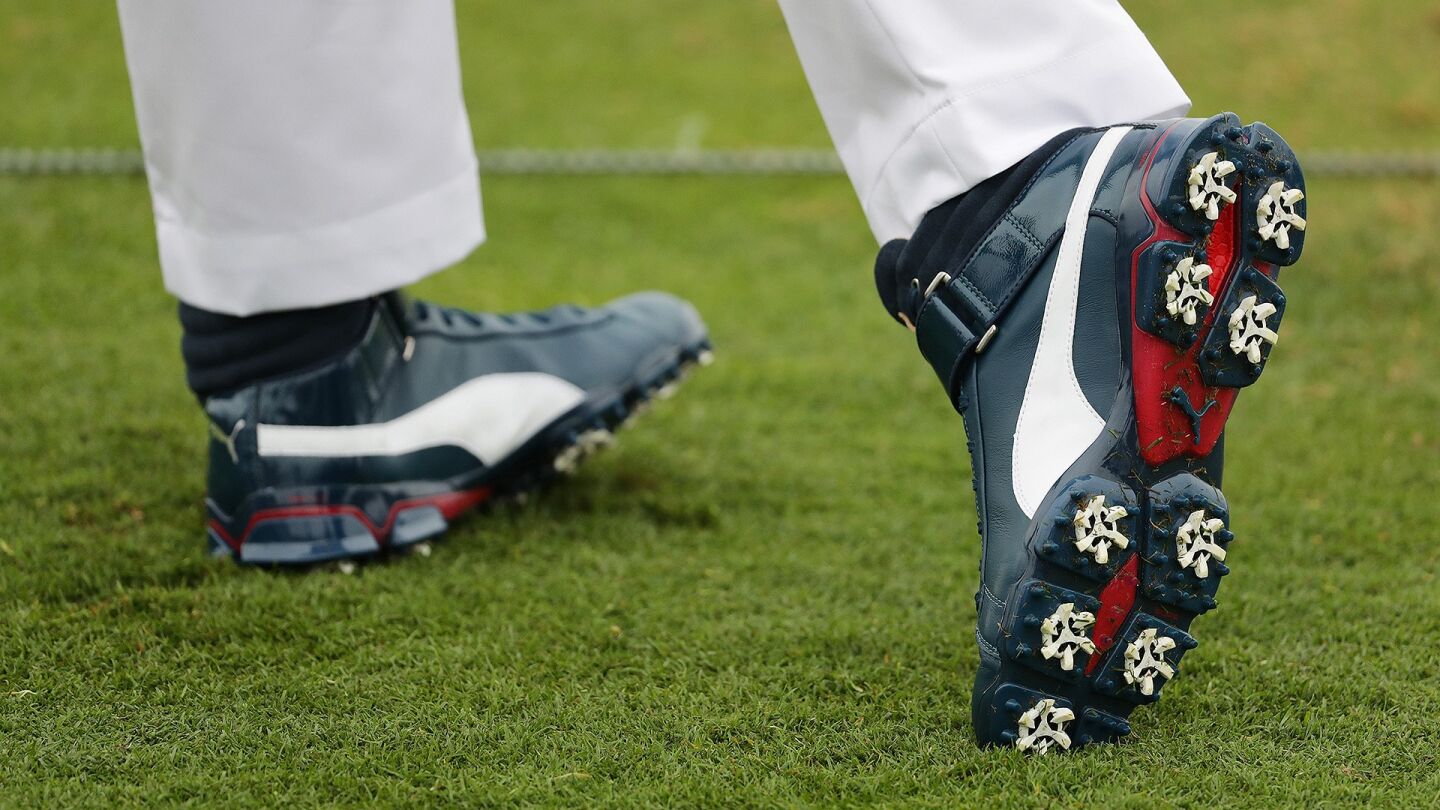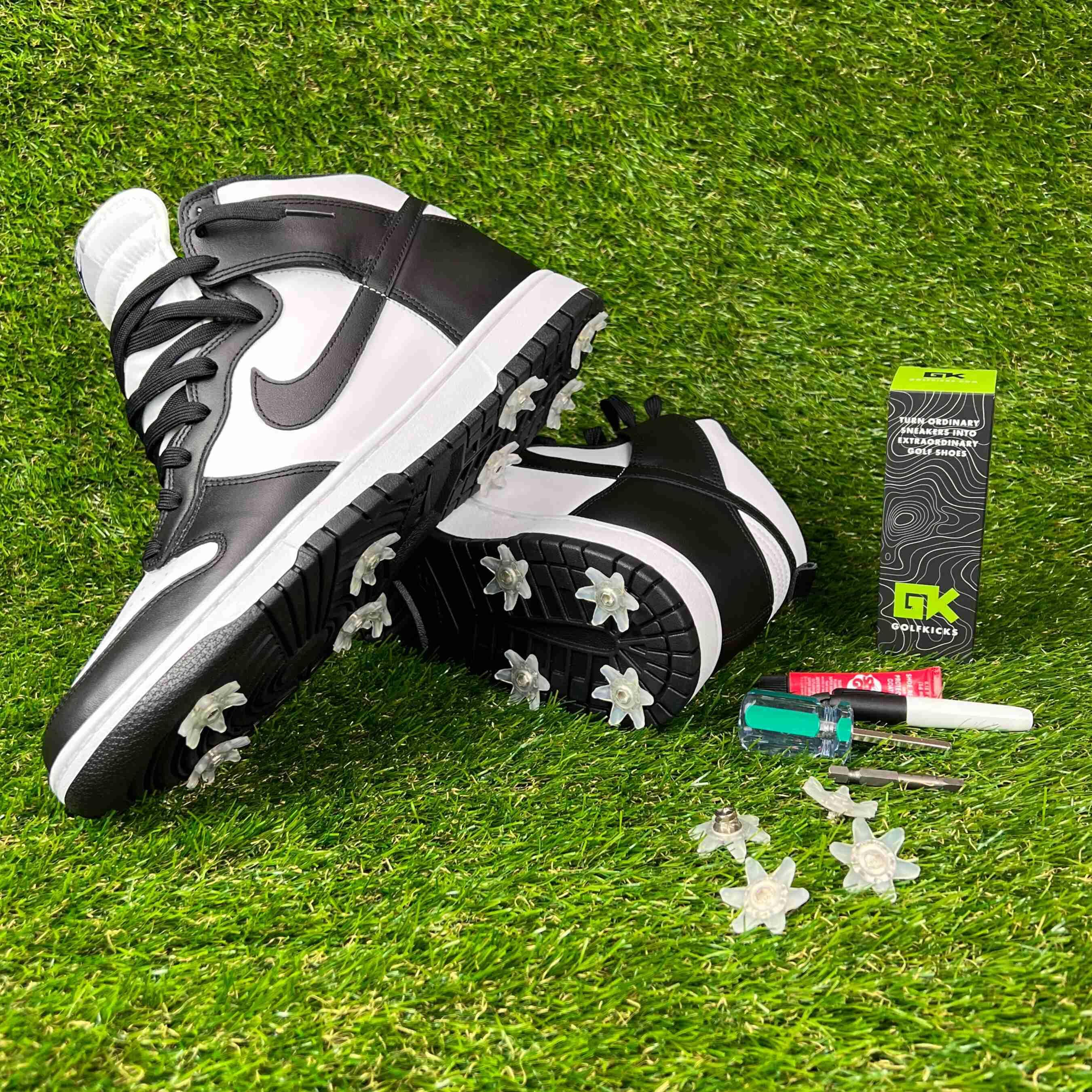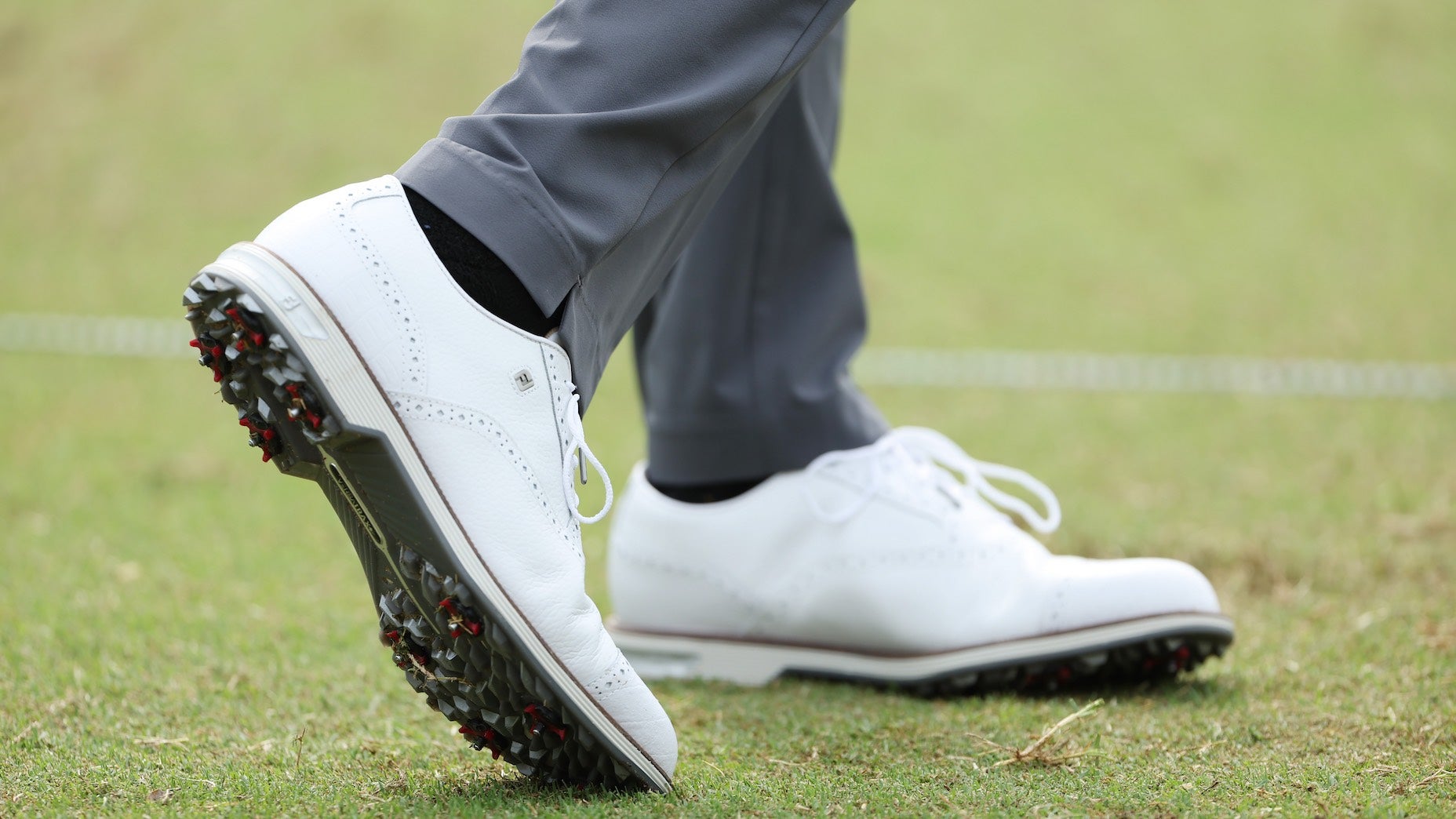The Ultimate Guide to Choosing the Perfect Spikes for Your Shoes
Selecting the right golf spikes for shoes is a critical decision that can significantly impact your performance on the course. Whether you’re a seasoned golfer or a beginner, understanding the nuances of golf spikes can help you make an informed choice. This guide will delve into the various types of spikes, their benefits, and how to choose the best ones for your specific needs.
Understanding the Types of Golf Spikes
Golf spikes come in several varieties, each designed to provide different levels of traction and comfort. The most common types include metal spikes, plastic spikes, and soft spikes. Metal spikes, often made of stainless steel or titanium, offer excellent grip but can be uncomfortable and prone to damaging the greens. Plastic spikes, on the other hand, are lighter and more comfortable but may not provide the same level of traction. Soft spikes, a popular choice among golfers, combine the benefits of both metal and plastic spikes, offering a good balance between grip and comfort.

Metal Spikes: Pros and Cons
Metal spikes have been a staple in golf for decades. They are known for their durability and superior grip, which is crucial for maintaining stability during your swing. However, their rigidity can lead to discomfort, especially during long rounds. Additionally, metal spikes can cause damage to the greens, which is why many courses have banned their use. According to a statement by renowned golfer Tiger Woods, “Metal spikes were great for grip, but they took a toll on the courses.” This perspective highlights the trade-off between performance and course maintenance.
Plastic Spikes: Lightweight and Comfortable
Plastic spikes are a more modern alternative to metal spikes. They are designed to be lightweight and comfortable, making them ideal for golfers who spend hours on the course. While they may not offer the same level of traction as metal spikes, advancements in technology have significantly improved their performance. A study from the University of Oxford found that “plastic spikes provide adequate grip for most golfers, reducing the risk of slipping without causing damage to the greens.” This makes them a popular choice for both amateur and professional golfers.

Soft Spikes: The Best of Both Worlds
Soft spikes have gained popularity in recent years due to their ability to provide a balance between grip and comfort. Made from a rubber-like material, they offer excellent traction without the risk of damaging the greens. Many professional golfers, including Phil Mickelson, have endorsed soft spikes, stating that “they provide the perfect combination of grip and comfort, allowing me to focus on my game.” This endorsement reflects the growing preference for soft spikes among golfers of all levels.

Factors to Consider When Choosing Golf Spikes
When selecting golf spikes for shoes, several factors should be taken into account to ensure you make the best choice. These factors include the type of course you play on, your personal preferences, and the specific requirements of your golf shoes.
Course Conditions
The type of course you play on can influence your choice of spikes. For example, if you frequently play on wet or slippery courses, you may benefit from metal spikes, which offer superior grip. On the other hand, if you play on well-maintained courses, soft spikes may be a better option, as they are less likely to cause damage. A report from the PGA Tour highlighted that “course conditions play a significant role in determining the type of spikes golfers should use, with soft spikes being the preferred choice for most courses.”
Personal Preferences
Your personal preferences also play a crucial role in choosing the right spikes. Some golfers prioritize comfort, while others focus on grip. It’s essential to try different types of spikes to determine which ones feel the best for you. As golf legend Jack Nicklaus once said, “Comfort is key to a good game, and that includes the spikes you choose.” This statement underscores the importance of personal comfort when selecting golf spikes.

Golf Shoe Requirements
Finally, it’s important to consider the specific requirements of your golf shoes. Some shoes are designed to accommodate only certain types of spikes, so it’s essential to check the manufacturer’s recommendations. A guide from Golf Digest noted that “understanding your shoe’s compatibility with different spikes can save you time and money in the long run.” This advice highlights the importance of matching your spikes with your shoes for optimal performance.
Conclusion
Choosing the right golf spikes for shoes is a decision that can greatly impact your game. By understanding the different types of spikes, considering the course conditions, and aligning your choice with your personal preferences and shoe requirements, you can find the perfect spikes to enhance your performance on the course. Remember, the right spikes can make all the difference, whether you’re a professional or an amateur golfer.

